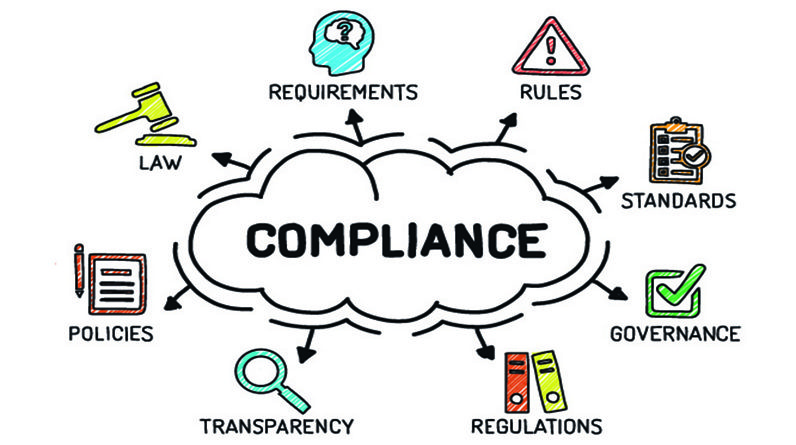“Use and Misuse of Codeine, Oxycodone, and Other Opioids: Information for Employees,” while making clear that current illegal drug use is not a covered disability, clarifies that individuals who are lawfully using opioid medication, are in treatment for opioid addiction and are receiving Medication Assisted Treatment (MAT), or have recovered from their addiction, are protected from disability discrimination. In addition, the document answers questions about reasonable accommodations that may be available to employees who currently legally use opioids, as well as what to do if an employer has concerns about the employee’s ability to safely perform his or her job.
The second document, “How Healthcare Providers Can Help Current and Former Patients Who Have Used or Misused Opioids Stay Employed” informs healthcare providers about their patients’ legal rights in the workplace. Medical providers are often key participants in the interactive process between employers and workers as employers seek to understand the employee’s condition and potential need for reasonable accommodation. In addition to describing the coverage limits under the ADA, the document provides guidance to healthcare workers seeking to provide documentation of covered disabilities on behalf of their patients.
The increase of opioid use and abuse in recent years poses unique challenges to the workplace. These documents aim to provide clarity to the public regarding existing legal requirements under the law.






